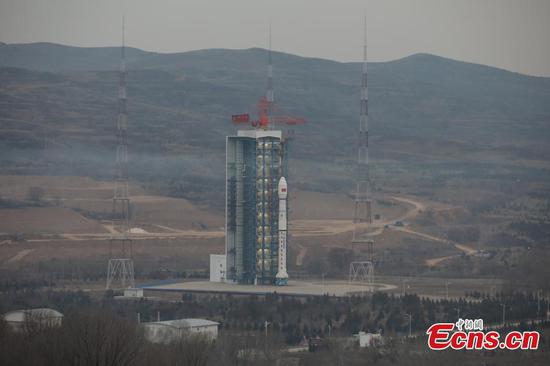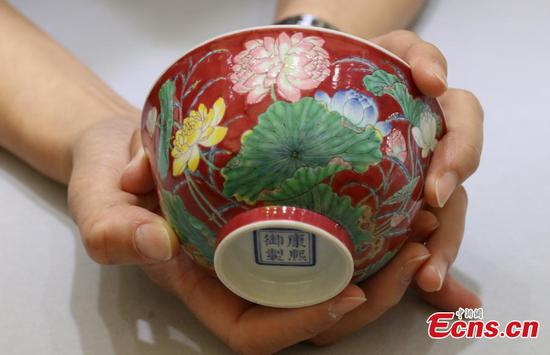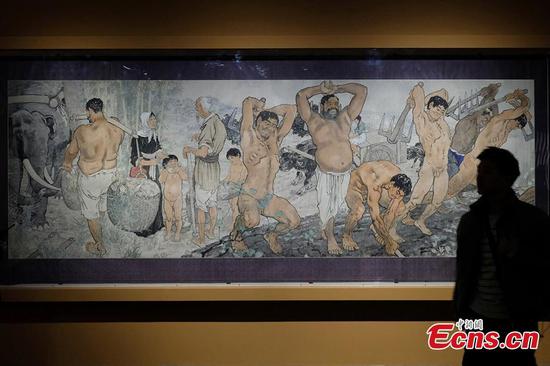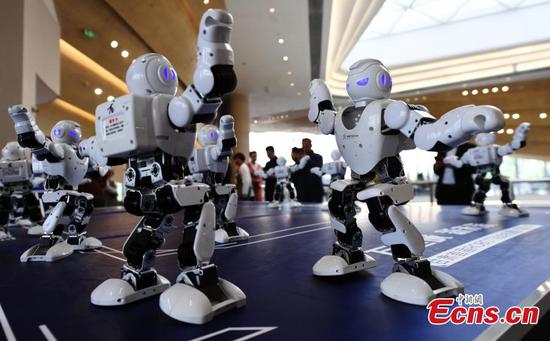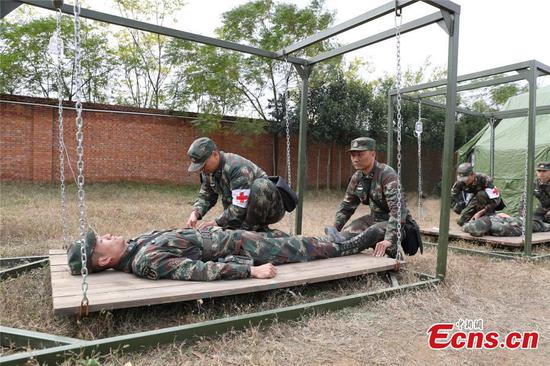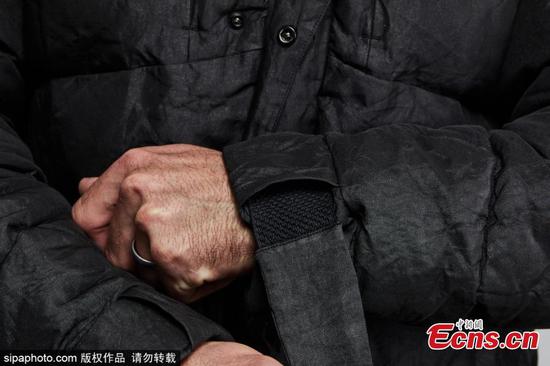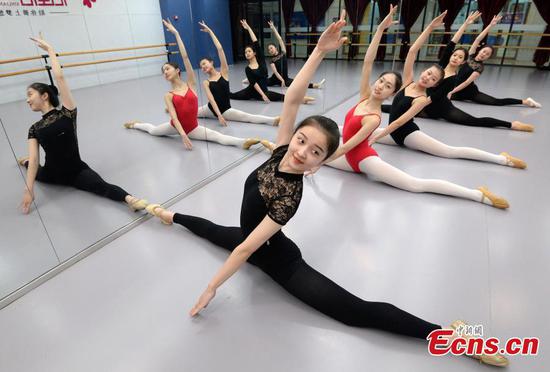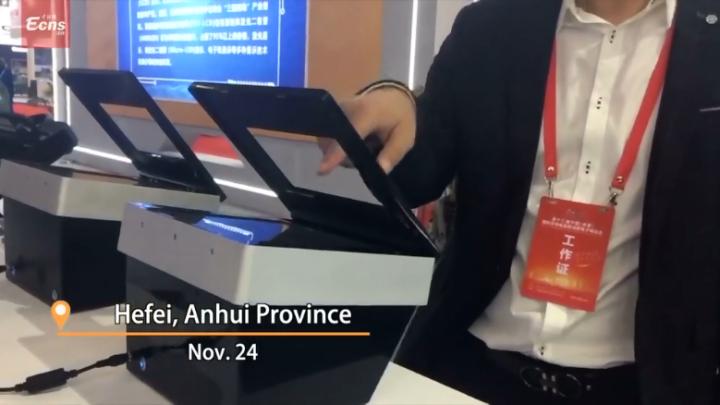China has established a national-level working group of 28 technology companies to set standards for the facial recognition industry amid public concerns of privacy.
Analysts hailed the move, since an authoritative standard can further boost the industry's healthy development, usage safety and lower the cost of the technology.
SenseTime, an artificial intelligence company, led the working group consisting of Tencent, iFlytek and Xiaomi.
Man Yunxuan, a SenseTime public relations department employee, told the Global Times on Wednesday that standards will be made both in technology and ethics, ensuring the accuracy of algorithms and applications, as well as easing users' privacy concerns.
The technology has been widely used in China for online payments and opening doors. But low accuracy could lead to counterfeiting identity and lax regulations of information collection and storage, sparking privacy concerns.
In September, a Nanjing-based university was equipped with a face recognition system to improve class attendance so that classmates could no longer be asked to sign the attendance sheet for them.
Some supporters said the move makes class management effective and transparent, while others believe it violates the students' privacy.
"Ethics is crucial in the development of face recognition technology. It is necessary for insiders to be aware of where redlines are to ensure the healthy development of the industry," Zhu Wei, a cyber security expert at China University of Political Science and Law, told the Global Times on Wednesday.
The group will also participate in establishing an international standard of face recognition, which is still under discussion and study, Man said.
"China is leading the world in this area and that's why we have the responsibility to help set international standards," Zhu added.
The group also includes Tencent, iFlytek, Xiaomi and Dahua Technology, which are believed to be leading high-tech companies with rich experiences and advance technologies.
The decision was made at a recent conference conducted by the China National Information Technology Standardization Network, which also discussed the establishment of other standardization work groups for mobile devices, iris recognition and vein recognition.









